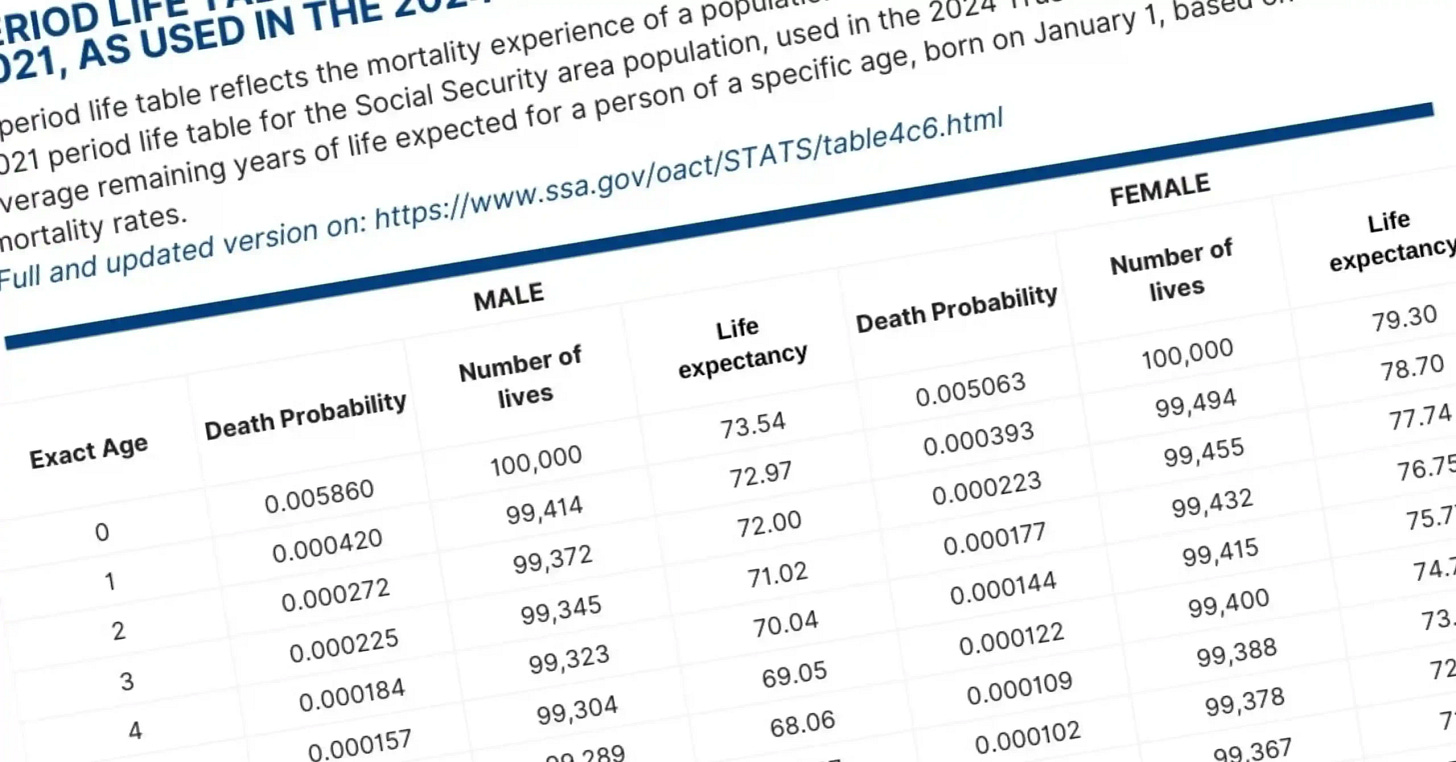True Age Calculator 2.0
It's been over two years since I launched the True Age calculator and my blog. Now, with the new domain name unaging.com, I've refreshed the calculator.
Calculator Improvements
60% fewer mouse clicks per question: by consolidating the questions together into three pages and converting the drop-down selections to buttons, we greatly reduced the number of questions.
Changed descriptions from weights to servings: before food servings were described in grams or ounces, and you had to calculate the number of servings. Now we describe a serving, so you don't have to convert weights.
Removed options that don't affect the result: if we only have data for one or two servings, we simplify to one or two+ to save calculating if you eat four or five servings.
Based on average habits: previously, the statistics started from zero, so when asking how much you walked, we assumed you walked zero steps per day and then adjusted the risk from there. Now we use the average US amounts as the baseline for adjustment.
Crisp icons for the habits: a nice graphical representation to complement the text.
New habits added: peppers, sauna, glucosamine, flossing, brushing, smoking, and sugary beverages
The Math Behind the Calculator
I've talked before about how all-cause mortality (ACM), or preventing premature death, is my favored metric for evaluating health and longevity interventions. The Unaging True Age Calculator uses the US actuarial tables for men and women from the Social Security Administration. This gives a percent chance of dying for every year of life, which is then modified by the product of the all-cause mortality factors. For instance, an 80-year-old man has a base chance of dying that year of 5.8%. If he does HIIT workouts weekly (37% ACM) but also eats two servings of processed meat daily (120% ACM), his adjusted risk of dying that year is 5.8% * 37% * 120% = 2.8%.
This chance of death each year is summed up among the remaining years, weighted by the chance of still being alive at that year, to calculate an expected lifespan.
Maximum Benefit
For nearly everyone, maximum lifespan is limited to about 100 years old from habits and current medical technology. While I'm hopeful that over the next few decades, that will change, for accuracy, the calculator zeroes out the benefit of lifestyle interventions around 100 years old.


